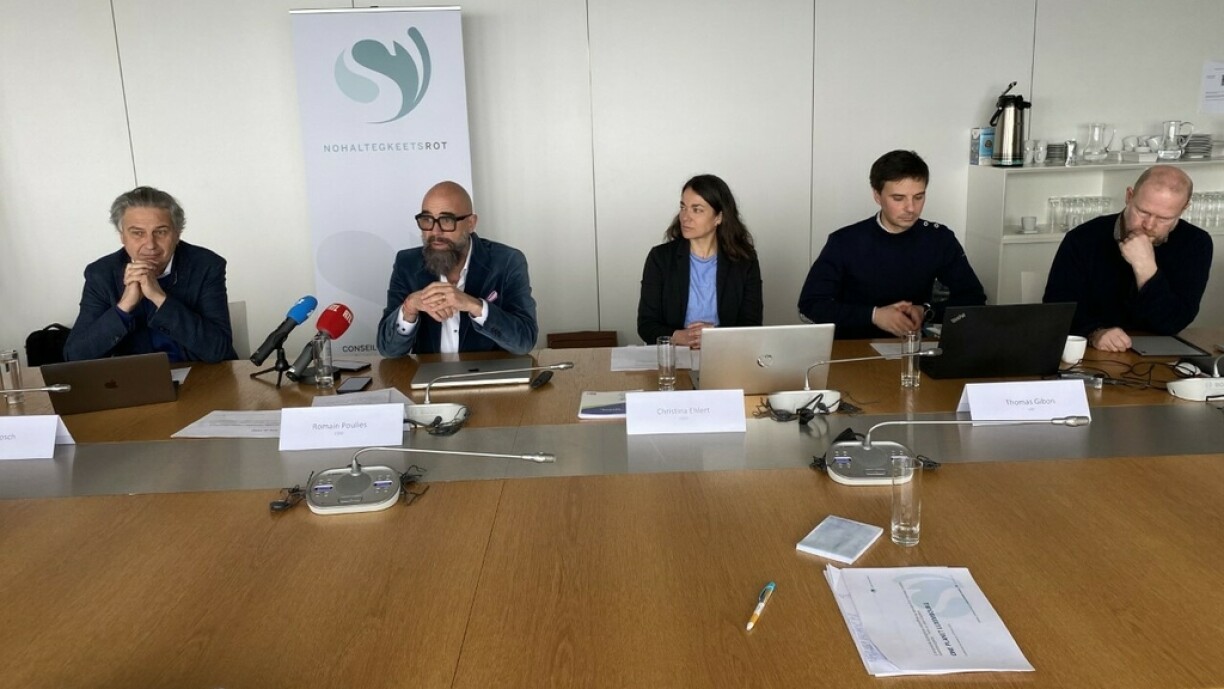
Although this number is lower than the calculation provided by the Global Footprint Network, which gave the figure as 8, the overall message remains the same. Luxembourg needs to make greater efforts to reduce its environmental footprint.
Based on the data from the study, as well as 2018 STATEC figures, the council was able to identify three major areas that contribute to the ecological footprint in Luxembourg.
A key area of concern was food habits. Small decisions could make a big difference here, says Patrick Losch of the Sustainability Council.
“That means eating less meat and at the same time paying attention to biodiversity. It is our responsibility to make more efforts to buy items from a natural and respectable production that allows biodiversity, because biodiversity is extremely important for the future.”
The energy consumption of households also influences the ecological footprint. Larger investments in more sustainable sources, such as in heat pumps and solar energy, could improve the situation.
Mobility and the use of petrol and diesel are also key factors in Luxembourg’s high score. Electric vehicles and hydrogen cars for long distances were discussed as potential solutions by the council.
Ahead of Overshoot Day, which Luxembourg will reach next week (compared to 22 July globally), the Sustainability Council said this was a good opportunity to reconsider the Grand Duchy’s environmental model.
Council President Romain Poulles offered other suggestions:
“One option is to share items, or people can also just repair or borrow things, when they need them. The economy must also adapt to other models. In terms of renewable energies this is easy to understand, but also for manufactured products, it is clear that we must constantly work on making these easier to renew as part of the cycle.”
Luxembourg should set a good example, the Council concluded, not just when it comes to measures against climate change, but also when it comes to taking responsibility as a society.